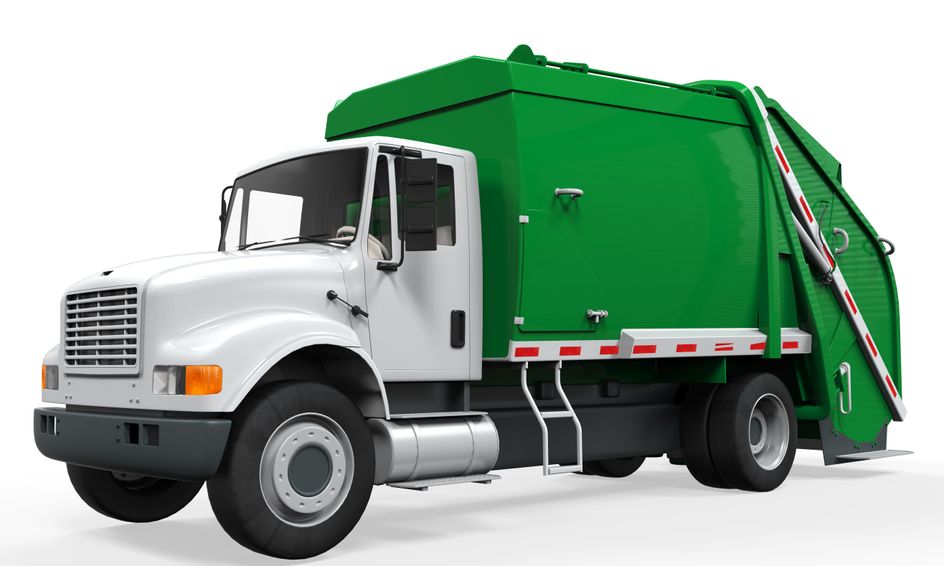On Thursday, 9/18/2025, Councilmember Gauthier introduced the bill we wrote to prohibit the city from signing contracts to burn the city’s trash, recyclables, or compostables. The Stop Trashing Our Air Act, if passed before new contracts are signed in Spring 2026, will prevent the multi-year new waste contracts from allowing waste to be burned after 7/1/2026. The bill has been assigned to the Streets and Services Committee.
The bill only applies to waste that the city manages, which is about half of the city’s trash, collected by the Department of Sanitation from public facilities and residences with up to six units. Apartments with more than six units are considered commercial and have private collection. Currently, 37% of the city’s trash is incinerated, mainly in the City of Chester, home to the nation’s largest waste incinerator which is the largest industrial air polluter within the 7-county Philadelphia region. The city’s two waste contracts expire on 6/30/2026 and new contracts are being pursued.
For more information, please see our Frequently Asked Questions and our Philly Zero Waste page. Organizations can sign on in support of the bill here.

